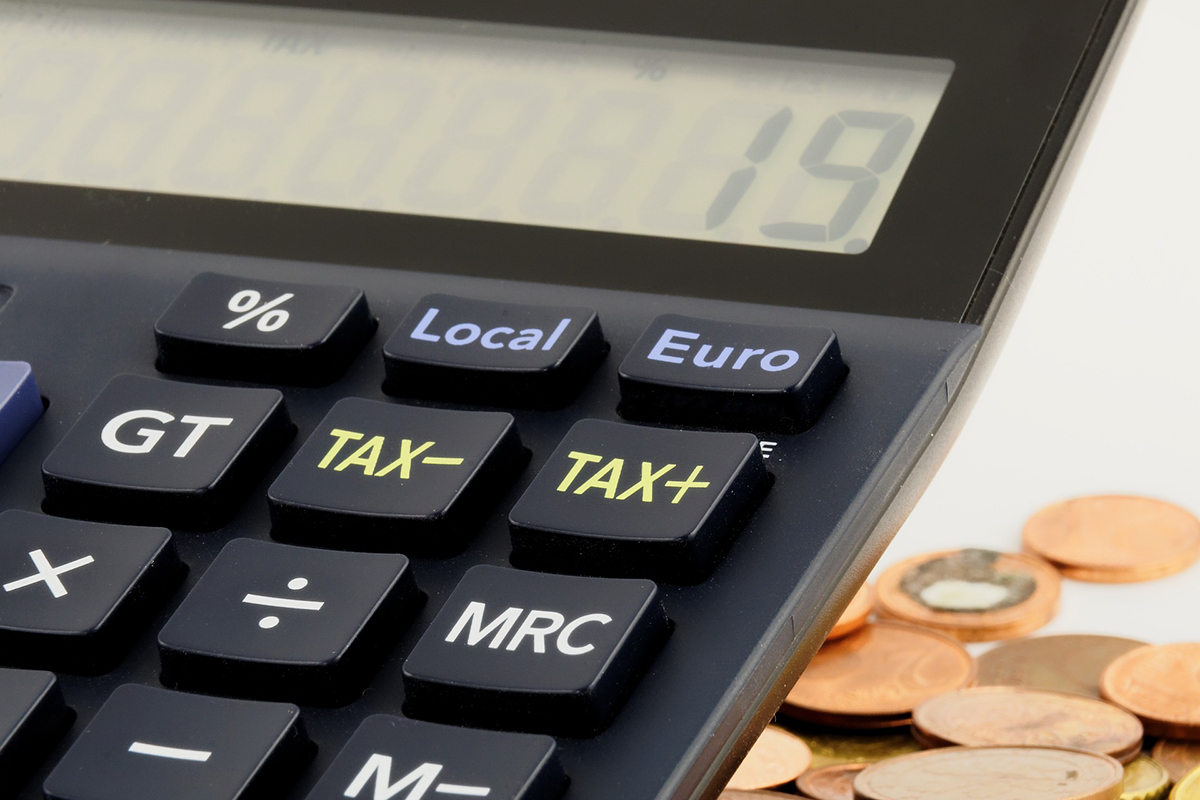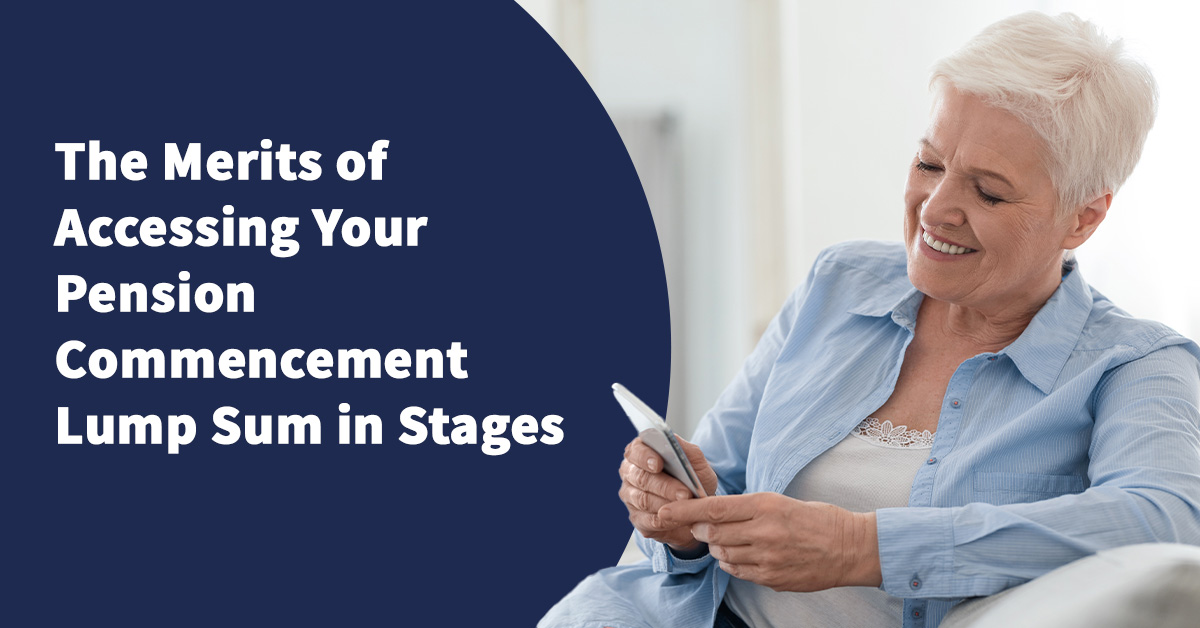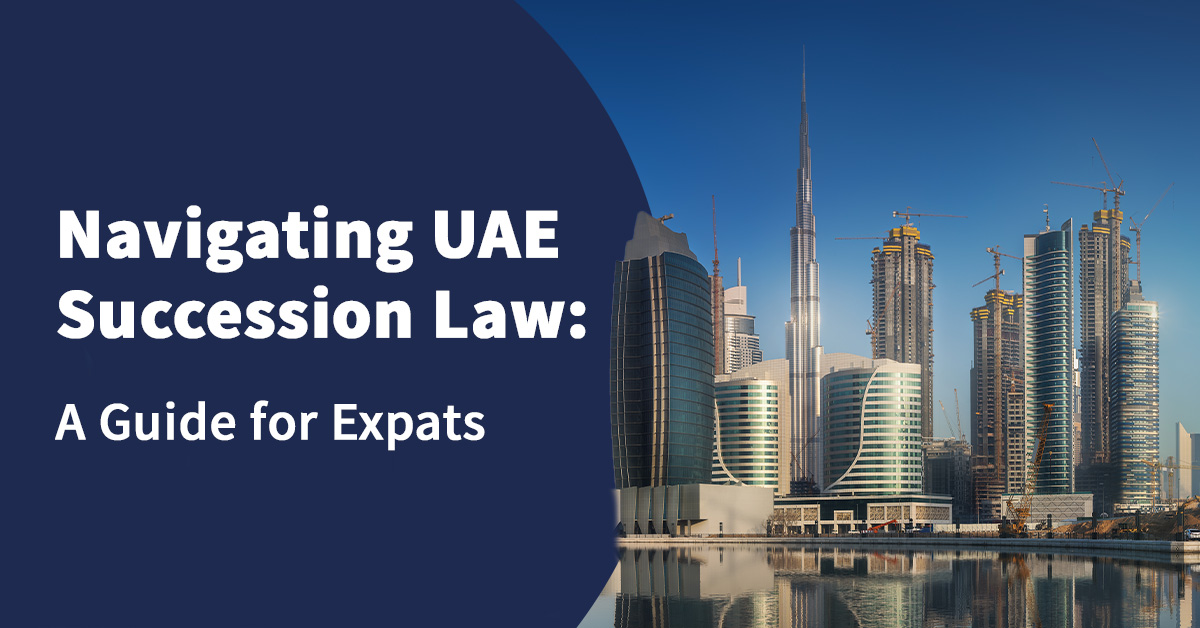What is the Double taxation Treaty between the UAE and the UK?
Double taxation agreements are signed between countries to avoid double taxation
The Double Taxation Convention entered into force between the UK and the UAE on 25 December 2016. The Convention took effect with regard to taxes withheld at source, in respect of amounts paid or credited on or after 1 January 2017.
How could this affect me and my SIPP?
Under the UK “pension freedom” rules introduced in April 2015, savers aged 55 and older can flexibly access their benefits via their SIPP. This means they can choose how much or how little they take and when to take it.
With the DTA in force, this means that UAE residents may be able to take their money free of UK income tax, provided that they comply with temporary non-residency rules, designed to stop people avoiding tax by temporarily leaving the country. You typically have to be resident abroad for at least five full tax years to qualify.
What’s the process?
Typically the first 25% of your SIPP will be tax free. With the remaining 75% liable to income tax. However the DTA means individuals may be able to access the remaining 75% of their their pensions and SIPP savings free from UK income tax when they make withdrawals in the UAE/GCC.
As one would expect it is not as simple as just taking the remaining funds out as you wish. There are several other things to think about too. Such as the correct timing of disinvestment. Other retirement income available, potential exit fees and other tax impliacations. You should always seek proper regulated financial advice in this area.
If you do decide you want to make a withdrawal over and above the 25% tax free amount this needs to be done in stages to fully be able to utilize the double taxation treaty.
Here are the simplified steps below:
1. Apply to your pension provider/trustee to make a nominal withdrawal from your SIPP/Pension. This will effectively see you officially go into income drawdown via your SIPP.
2. The Pension scheme will make the a nominal income payment to create a PAYE record. This first income payment will then be logged with HMRC
3. The Member then completes the HMRC Double Taxation Treaty Relief application ‘Form DT-Individual’, including the PAYE details of the pension scheme, and sends this to HMRC.
4.Part of this form may need to be completed by the taxation authorities in the member’s country of residence
You will also need to apply in the UAE for proof of non residency. You can usually do this by logging into the Ministry of Finance website and filling out the tax domicile certificate. It can take up to 3 weeks and there is a fee involved for the process
5. The completed form along with your proof of non residency needs to be sent (in original format) to HMRC

There are a number of steps in the process
6. HMRC will usually take at least 12 weeks to process this.
7. Upon completion they will issue you with a NT code (No Tax) code
8. The pension scheme applies the NT tax code to future income payments with no income tax deduced at source.
Once you have this code in place you are then able to make further withdrawals utalzing your NT code
A word of warning –You could give yourself a bigger tax bill!
Britons must still be careful if withdrawing pension funds. If someone returned to live in the UK later, even temporarily, HMRC could pursue them for tax.
In addition pension savers need to seriously consider a potential inheritance tax liability when they die and should think very carefully before taking money from their pension.
Pension funds are generally not subject to IHT on death and any withdrawals you do not spend, or simply add to your bank account or savings, will form part of your estate for IHT purposes. Wealthier expats should look to draw other forms of retirement income first, to reduce their IHT liability
Think carefully
It can be dangerous to empty your pension scheme in one go, unless you have other retirement funds, as you may be tempted to spend the money and leave nothing for your final years.
Think carefully about how long your pension needs to last you. Cashflow planning can help with this. If you do not have any other forms of income or investments in retirement, it is unadvisable to cash in your pot in its entirety or take out large withdrawals unless you absolutely have to.
It is also possible that the British government may seek to undo this DTA in the future although untying a bilateral agreement is not easy.
This article does not constitute formal advice. Please contact me for more information.
You can read more about pensions, SIPPs and QROPS here
Find out how we can help you
If you would like to understand more about this topic get in touch
Related posts
- Published On: July 10, 2024|3.2 min read|
The Merits of Accessing Your Pension Commencement Lump Sum in Stages
As you approach retirement, one of the significant decisions you'll face is how to access your pension commencement lump sum (PCLS). While it might be tempting to take the entire amount in one go, there are several benefits to accessing your PCLS in stages.
Read more
- Published On: May 26, 2023|4.7 min read|
Navigating UAE Succession Law: A Guide for Expats
The United Arab Emirates (UAE) has become a popular destination for expatriates seeking new opportunities and a vibrant lifestyle. However, when it comes to matters of succession and inheritance, ex-pats residing in the UAE need to be aware of the unique legal framework in place.
Read more












